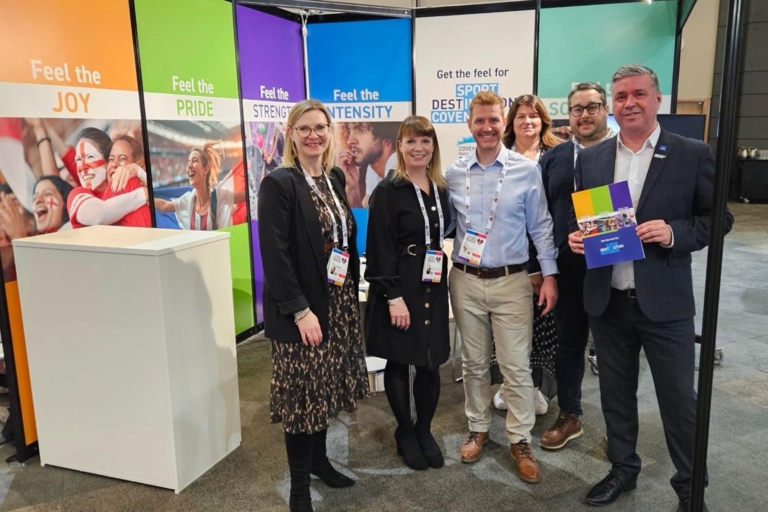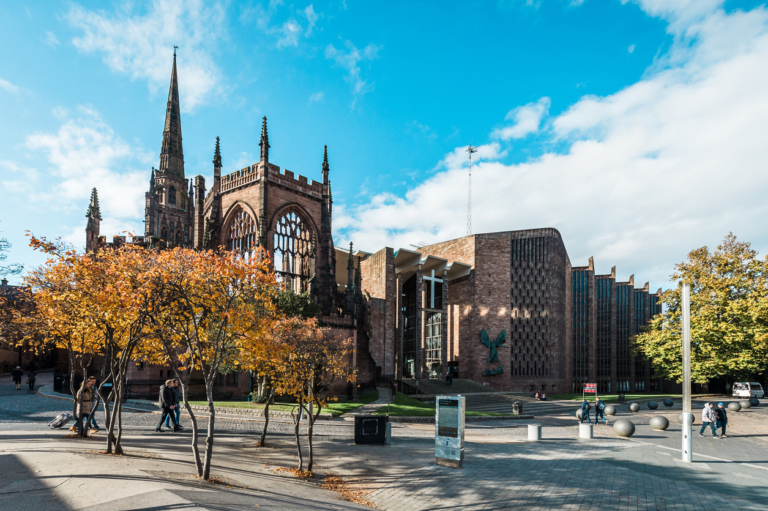EY survey: Hospitality may not bounce back until late summer

There is significant pent-up consumer demand for hospitality and leisure, but the majority of UK consumers are still hesitant to return to restaurants and bars as they emerge from lockdown, according to the latest EY Future Consumer Index.
The recent survey of over 1,000 UK consumers found 37% are planning on spending more on out-of-home recreational services versus 26% in October 2020. Meanwhile, 43% plan on spending more on a holiday post-covid-19, up from 31% in October.

However, almost two-thirds of those surveyed (65%) feel uncomfortable going to a bar or pub, up from 52% in October, while more than half (57%) feel uncomfortable with eating in a restaurant, up from 37% in October. Over half (55%) believe the virus will only stop affecting their daily lives after most of the population is vaccinated.
This suggests that the big ‘unlock’ in consumer behaviour may come later in the summer once most of the vaccination programme is due to be completed, rather than from April 12 when restrictions on outdoors hospitality are expected to be lifted, or from May 17 for indoors hospitality. Consumers’ ability to spend will be supported by recently elevated savings ratios.
Christian Mole, EY UK&I head of hospitality and leisure, comments: “Pent-up consumer demand will likely lead to an initial increase in activity, but many hospitality and leisure operators may need to prepare for a potential drop-off and then a slower build through the summer. We expect to see particularly strong trade for businesses serving domestic travel demand, given the significant consumer appetite for holidays while restrictions on foreign travel remain. Market-wide hotel occupancy data from 2020 showed a significantly above-average performance in the summer and early autumn by cities with strong domestic travel demand, such as Inverness, Plymouth and York.
“Conversely, city centres will continue to be affected by the lack of both overseas tourism and business-related hospitality and travel activity. The extent and rate of recovery in these areas is uncertain, and we expect comparatively reduced occupancies to continue for hoteliers and lower footfall in pubs and restaurants for at least the medium term, as commuter volumes remain below pre-pandemic levels.”
The Index found that nearly a quarter (24%) of respondents expect to work from home more often in the longer term, and a fifth (20%) expect to travel less for work.
Consumers expect hospitality won’t return to normal for months
EY’s research shows that the consumer appetite to return to hospitality and leisure venues is not driven by health and safety concerns alone. It is also partly affected by expectations that the customer experience will take time to return to normal. According to the index, the majority (69%) of consumers expect it will take months or longer before restaurants or bars return to normal, while 42% expect their experience of eating out will worsen in the long term.
Instead, many consumers have replaced eating out with at-home experiences, with 43% saying that availability of delivery has become more important. Nearly a fifth (19%) of consumers say they plan to spend more on meal kit delivery services post-covid-19, while 16% say they will spend more on takeaway meals from restaurants.
Andy Fyffe, EY UK&I beverages and pubs leader, comments: “Outdoors-only service will be a challenge for many operators due to lack of suitable space and the weather-dependent nature of business. Therefore, a majority of businesses are choosing to delay reopening until May when indoor service is expected to be able to resume. However, as long as social distancing measures remain in place, most hospitality businesses will be unable to operate at capacity and many will find it challenging to reach pre-pandemic levels of profitability.
“Throughout the pandemic, some businesses have been able to adapt their offerings creatively, such as pivoting to catering for at-home consumption. Sector leaders need to recognise and understand where there has been a permanent shift in consumer preferences and continue to adapt to accommodate these changes. The more a business is able to innovate, the better chance it has at remaining resilient.”












